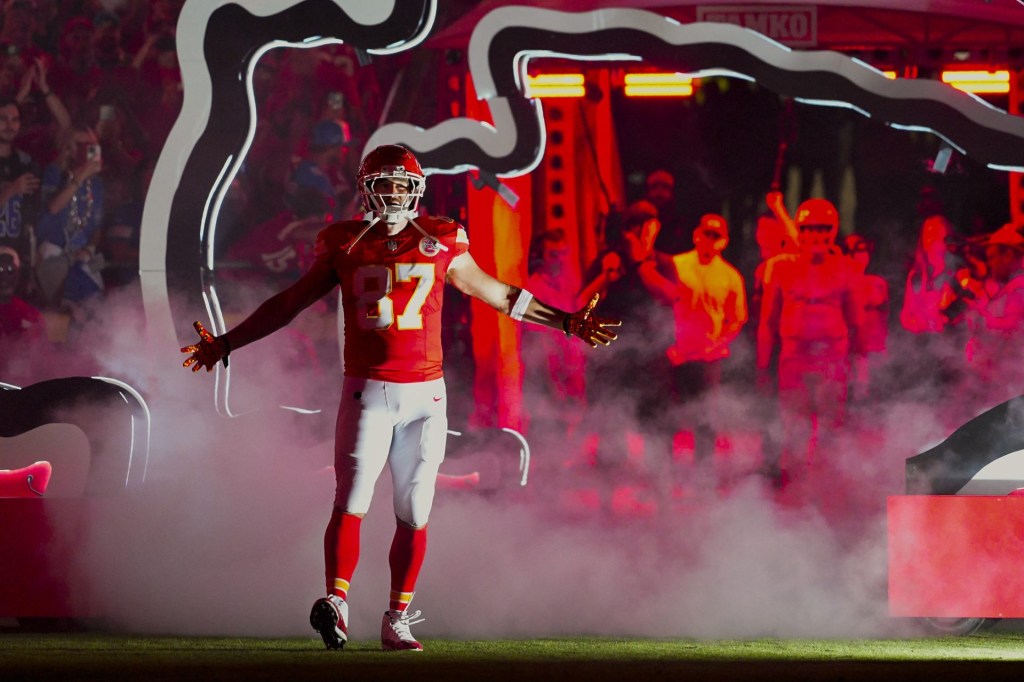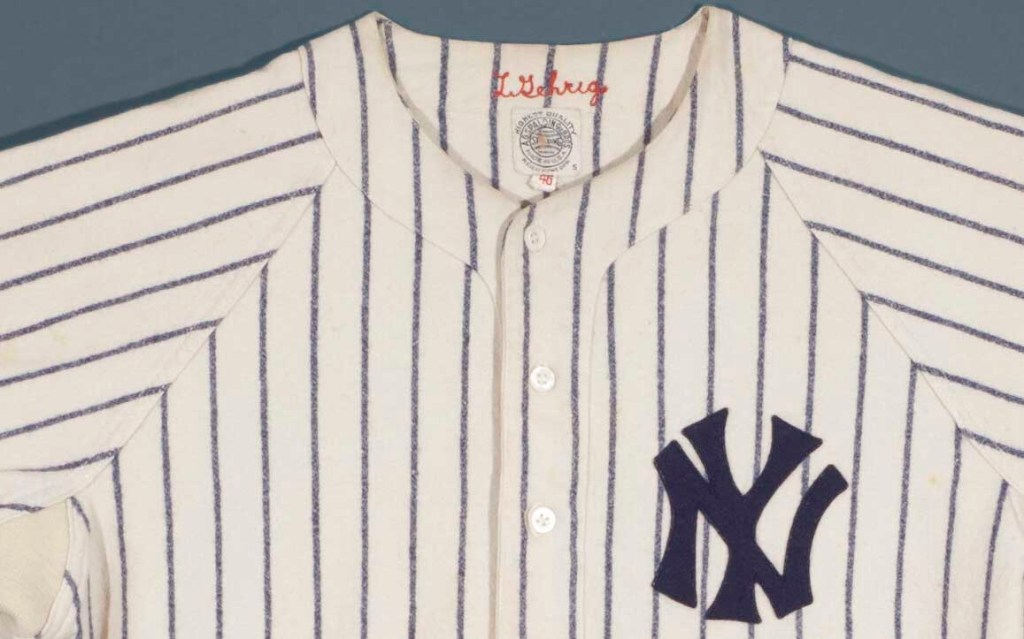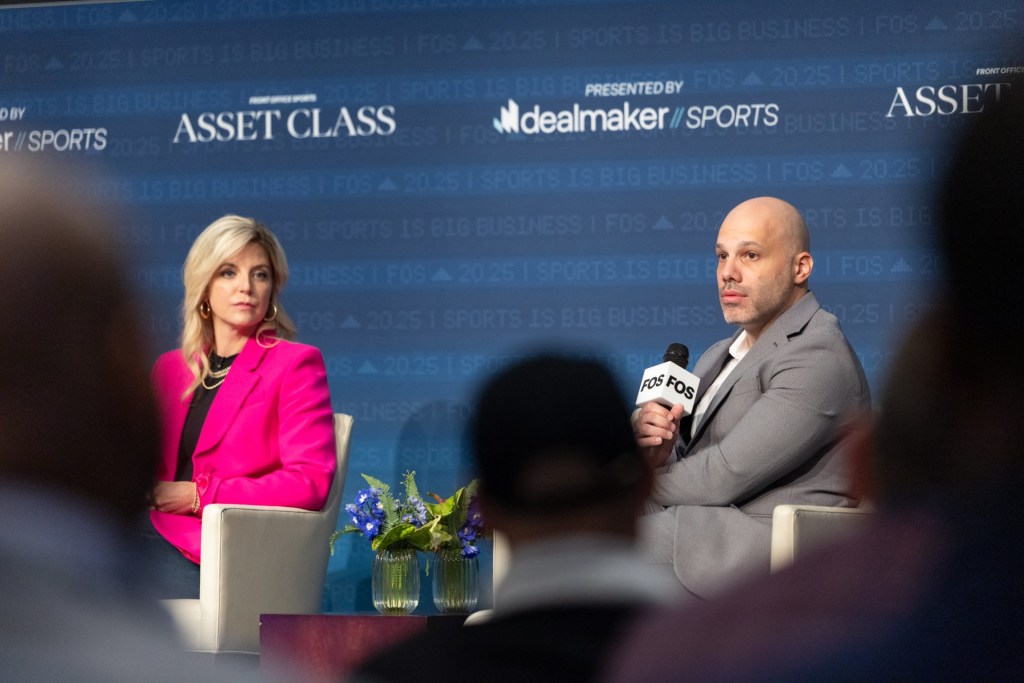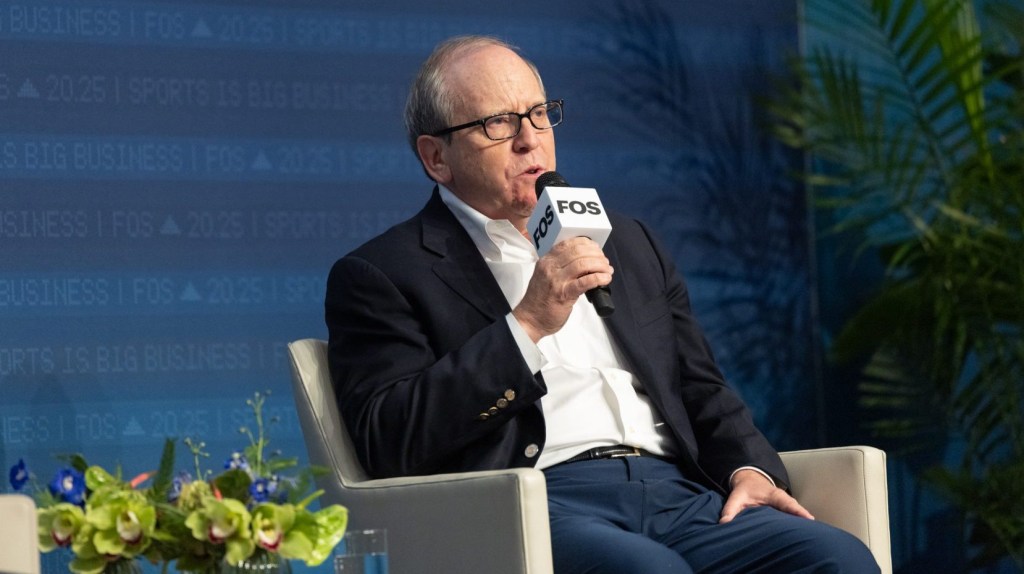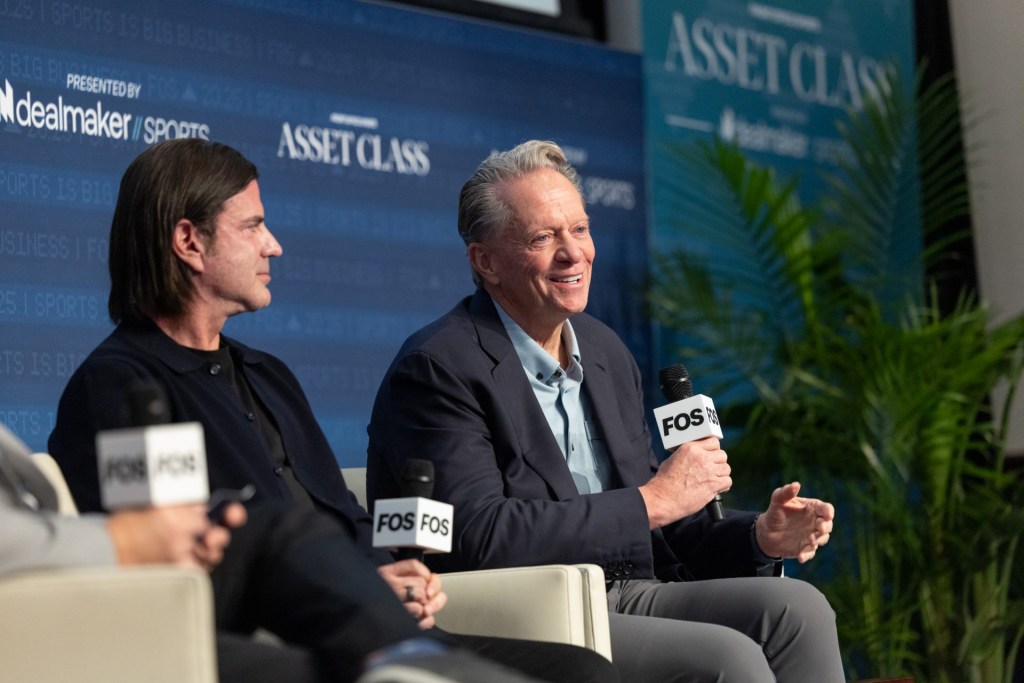Massachusetts is the latest state to take aim at Kalshi, filing a lawsuit Friday that claims the company’s sports event contracts are indistinguishable from traditional sports bets offered by licensed operators, in violation of state law.
The suit from Massachusetts Attorney General Andrea Joy Campbell, filed Sept. 12 in Suffolk Superior Court, says Kalshi “disguises its sports wagering offerings as ‘event contracts’ offered on a ‘prediction market.’” The suit also alleges that Kalshi has failed to implement necessary protections that are required by licensed operators—for example, Kalshi allows anyone 18 or older to trade on its platform, while the legal age for online sports betting in Massachusetts is 21; and it does not adequately provide self-limiting options, such as maximum deposits or wagers.
Massachusetts is one of 38 U.S. states in which some form of sports betting is legal, having legalized the practice in 2022.
The AG is asking the court to rule that Kalshi is operating an illegal sports betting platform. It also seeks monetary relief “in an amount to be determined at trial,” and wants Kalshi “permanently” barred from offering sports event contracts in the state. Additionally, the AG wants a court order that Kalshi must “cease offering sports wagering in Massachusetts while the lawsuit is pending.”
“Sports wagering comes with significant risk of addiction and financial loss and must be strictly regulated to mitigate public health consequences,” Campbell said in a statement accompanying the lawsuit. “This lawsuit will ensure that if Kalsi wants to be in the sports gaming business in Massachusetts, they must obtain a license and follow our laws.”
A Kalshi spokesperson said in an emailed statement that the company “offers its users a fair, transparent, federally-regulated, and nationwide marketplace.”
“Rather than engage in dialogue with Kalshi as many other states have done, Massachusetts is trying to block Kalshi’s innovations by relying on outdated laws and ideas,” the statement said. “Prediction markets are a critical innovation of the 21st century, and all Americans should be able to access them. We are proud to be the company that has pioneered this technology and stand ready to defend it once again in a court of law.”
Kalshi’s event contracts are available in all 50 states after it self-certified with a federal regulator called the Commodity Futures Trading Commission.
Massachusetts is not the first state to target Kalshi over its sports event contracts. Regulators in at least seven states have issued cease-and-desist letters, which has resulted in Kalshi filing lawsuits against three states: Nevada, New Jersey, and Maryland. Kalshi scored early victories in Nevada and New Jersey but suffered a preliminary setback in Maryland. Kalshi has also been sued by Native American tribes in California and Wisconsin.
In court, Kalshi has maintained there is a distinction between its sports event contracts and sports betting: Traditional wagers see users betting against “the house”—casinos or sportsbooks that set the odds and profit when bettors lose—while sports-prediction markets offer nationwide marketplaces where users trade against one another.
Kalshi, a prediction-market platform that originally offered event contracts on questions such as whether there would be a recession this year or how high the temperature would rise in a given day in New York City, started offering sports in January.
It recently expanded its football-related offerings to include certain props and other forms of event contracts that resemble traditional sports betting. The company recorded hundreds of millions of dollars in trading volume during Week 1 of the NFL season.
The suit comes as Kalshi faces increased competition in the marketplace. Polymarket, another prediction markets platform that had been barred from operating in the U.S. under a 2022 settlement with the Biden-era CFTC, is now allowed back into the country, although it has not yet relaunched.
Other players have also entered the scene, including Underdog Sports, which earlier this month announced it will offer sports event contracts in 16 states through a deal with Crypto.com. Elsewhere, major pro leagues and traditional sportsbooks are very much aware of the growth in prediction markets; FanDuel recently announced a deal with derivatives exchange CME Group to enter prediction markets, although sports will not be part of the offerings, at least to start.
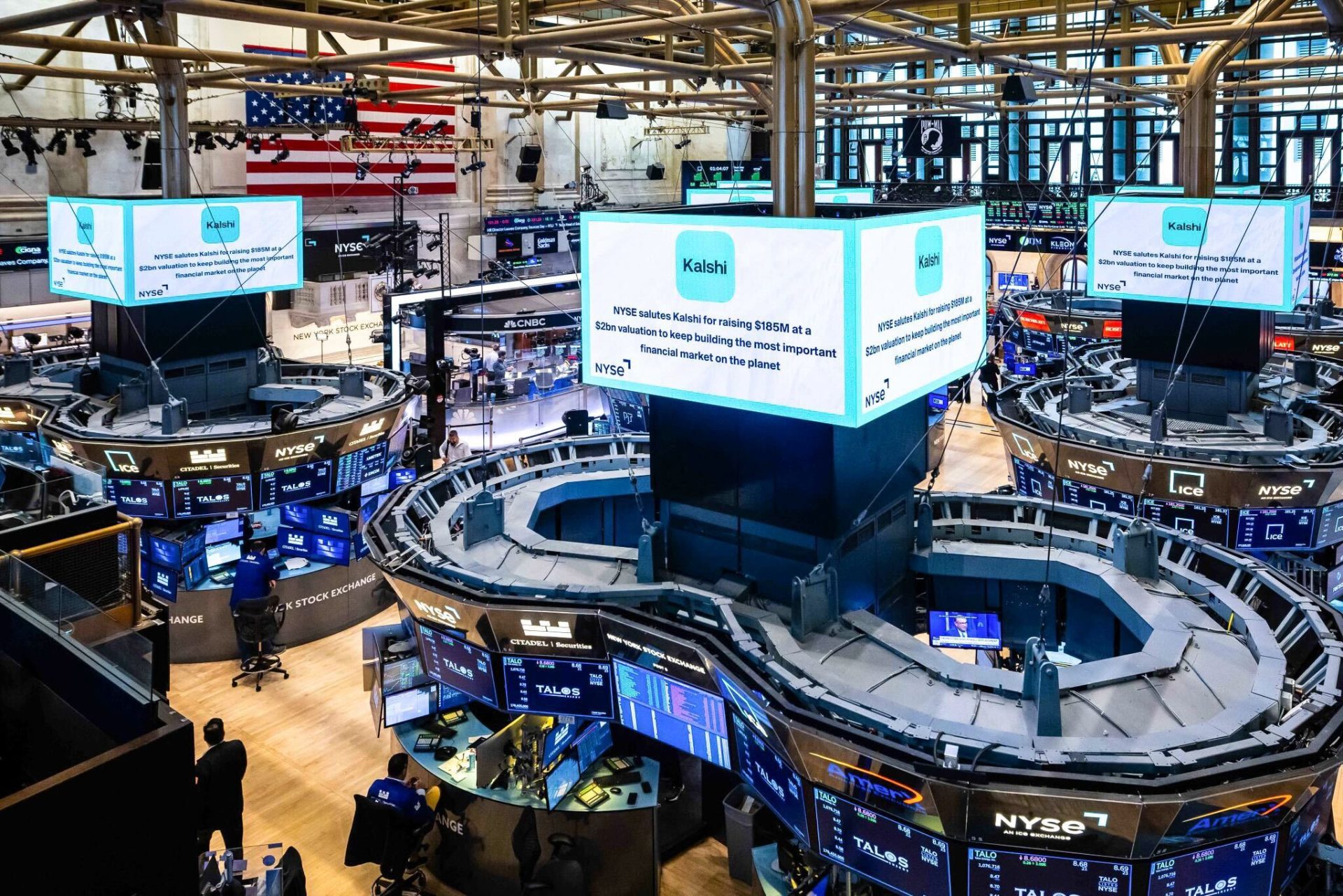
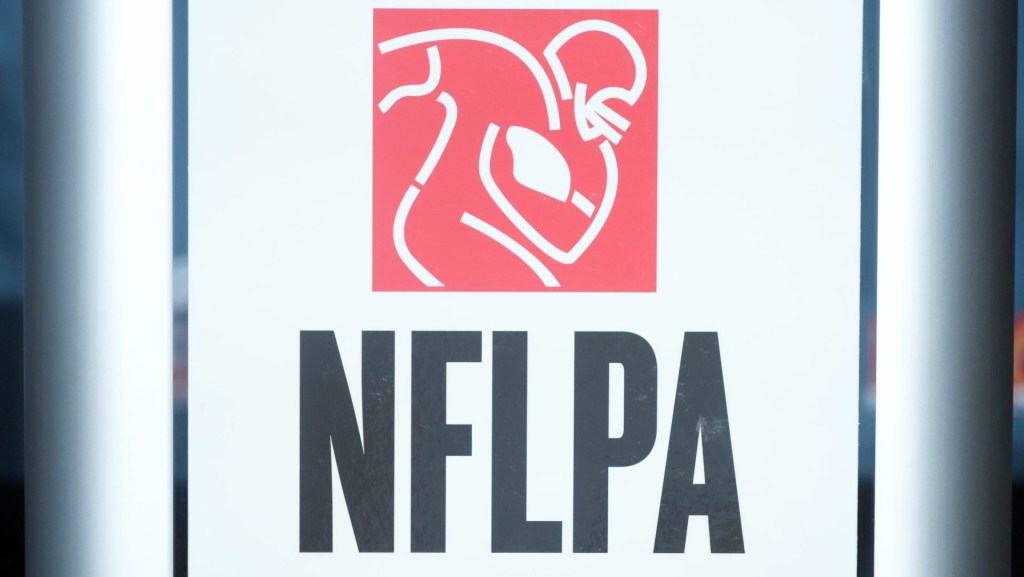


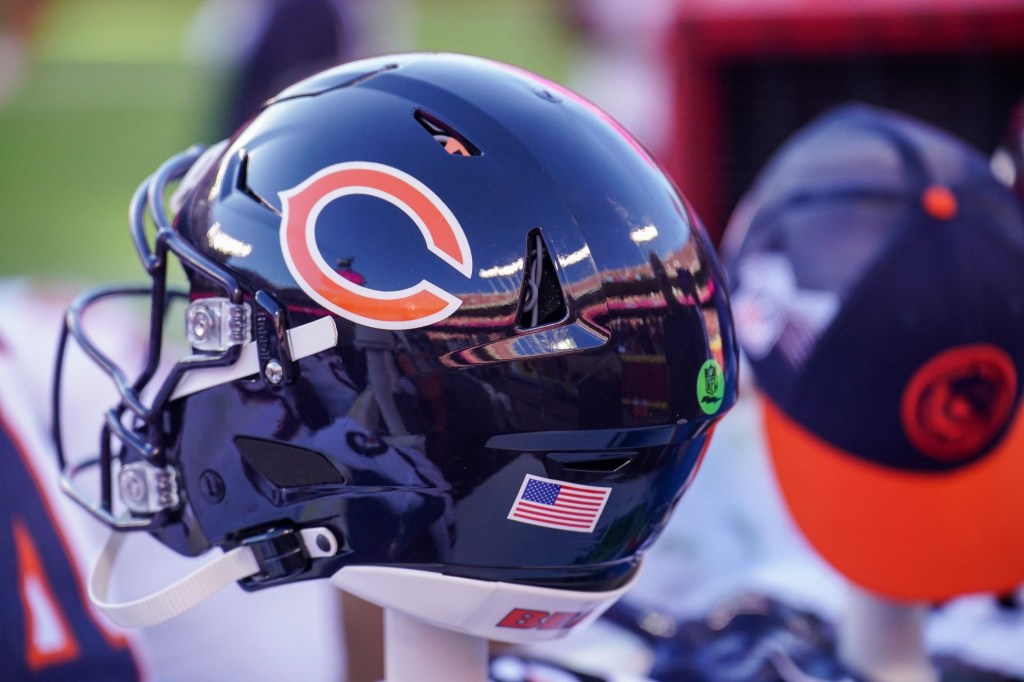
![[Subscription Customers Only] Jul 13, 2025; East Rutherford, New Jersey, USA; Chelsea FC midfielder Cole Palmer (10) celebrates winning the final of the 2025 FIFA Club World Cup at MetLife Stadium](https://frontofficesports.com/wp-content/uploads/2026/02/USATSI_26636703-scaled-e1770932227605.jpg?quality=100&w=1024)



